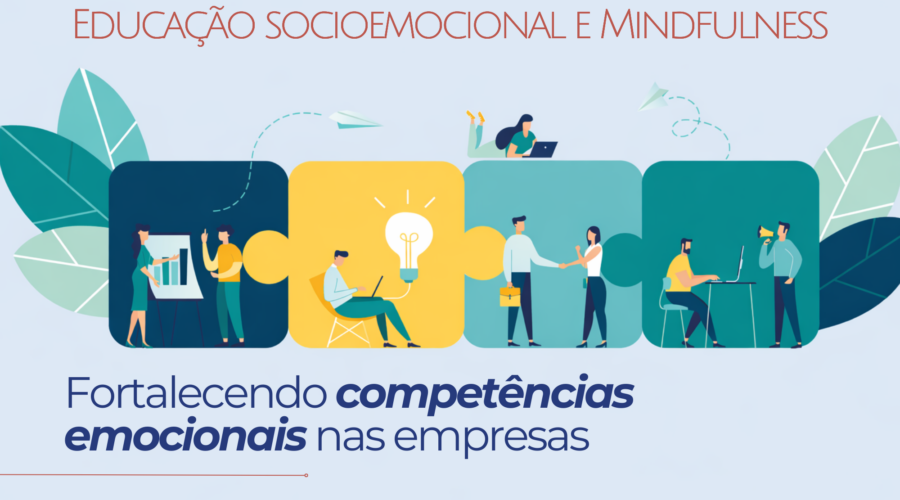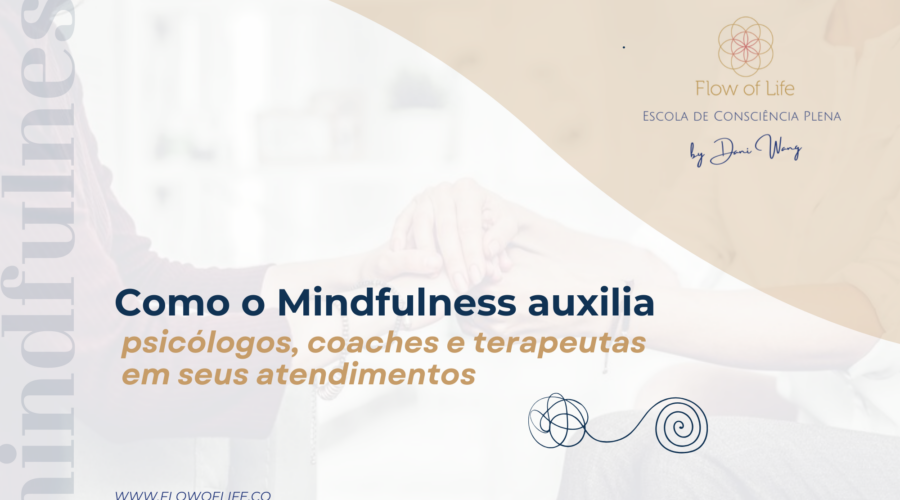In the fast-paced scenario of modern life, the ability to make effective and rational decisions is more in demand than ever. The practice of mindfulness, which is based on maintaining full attention in the present moment, has emerged as a powerful tool for improving the quality of decisions. This practice not only reduces stress and anxiety, but also provides mental clarity, allowing decisions to be made more consciously and assertively.
One of the main benefits of mindfulness is the reduction of stress and anxiety. When we are stressed, our brain tends to go into fight or flight mode, hindering our ability to think clearly and evaluate options rationally. The regular practice of mindfulness helps to calm the mind, reducing emotional reactivity and allowing us to approach decisions with a calmer, more balanced mind. Studies show that individuals who practice mindfulness regularly exhibit lower levels of cortisol, the stress hormone, which results in a more serene mental state conducive to decision-making.
Mindfulness also improves mental clarity and concentration, essential elements for good decision-making. By training the mind to focus on the present moment, we reduce distractions and improve our capacity for analysis and reflection. This is particularly useful in complex situations where it is necessary to consider multiple variables and possible outcomes. In addition, practicing mindfulness promotes observation without judgment, which allows us to evaluate our options more objectively, without being influenced by prejudices or momentary emotions.
Emotional intelligence, which involves the ability to recognize, understand and manage our own emotions, as well as the emotions of others, is crucial in decision-making. Mindfulness strengthens this ability by increasing self-awareness and emotional self-regulation. When we are more attuned to our internal states, we can identify and address emotional influences that can distort our judgment. For example, recognizing that we are acting out of fear or anger allows us to pause and reconsider our actions, seeking more thoughtful and balanced solutions.
As well as improving the effectiveness of decisions, mindfulness also promotes more ethical and compassionate decisions. The practice encourages an attitude of kindness and empathy, not only towards ourselves, but also towards others. This can be particularly important in professional and personal contexts, where decisions impact not only the individual, but also the community around them. By cultivating a sense of connection and responsibility, mindfulness encourages us to consider collective well-being in our choices, leading to results that benefit a greater number of people.
As such, there are several studies that validate the practice of meditation in various environments, such as universities. And they have been used in these spaces mainly with a focus on helping to reduce stress. And consequently improving more assertive decision-making. This study wanted to see how a six-week focused meditation program could affect stress (measured by the Lipp Stress Symptom Inventory) and mindfulness (using the Brazilian version of the Five Facets of Mindfulness Questionnaire) among university students. One trial compared a group that did the meditation and a group that remained on the waiting list, before and after the program. Only the meditation group had a significant reduction in stress in the endurance, near-exhaustion and general evaluation phases. This group also had a significant increase in mindfulness, especially in the facets of describing, not reacting and the overall total. This suggests that meditation programs may be a good option to help manage stress and improve mindfulness skills at universities.
In short, mindfulness offers a multi-faceted approach to decision-making, combining stress reduction, increased mental clarity, enhanced emotional intelligence and the promotion of ethical values. In a world where the complexity and speed of information can easily overwhelm our capacity for judgment, incorporating mindfulness practices can be the key to more conscious, informed and compassionate decisions. In this way, mindfulness not only improves our individual lives, but also contributes to a more balanced and harmonious environment, as well as a life with much greater quality, clarity, well-being and productivity.
If you're looking for assertive decisions for your personal life or for your company's employees, don't put off what you can easily improve!
Send us a message to start the journey against stress and anxiety.




